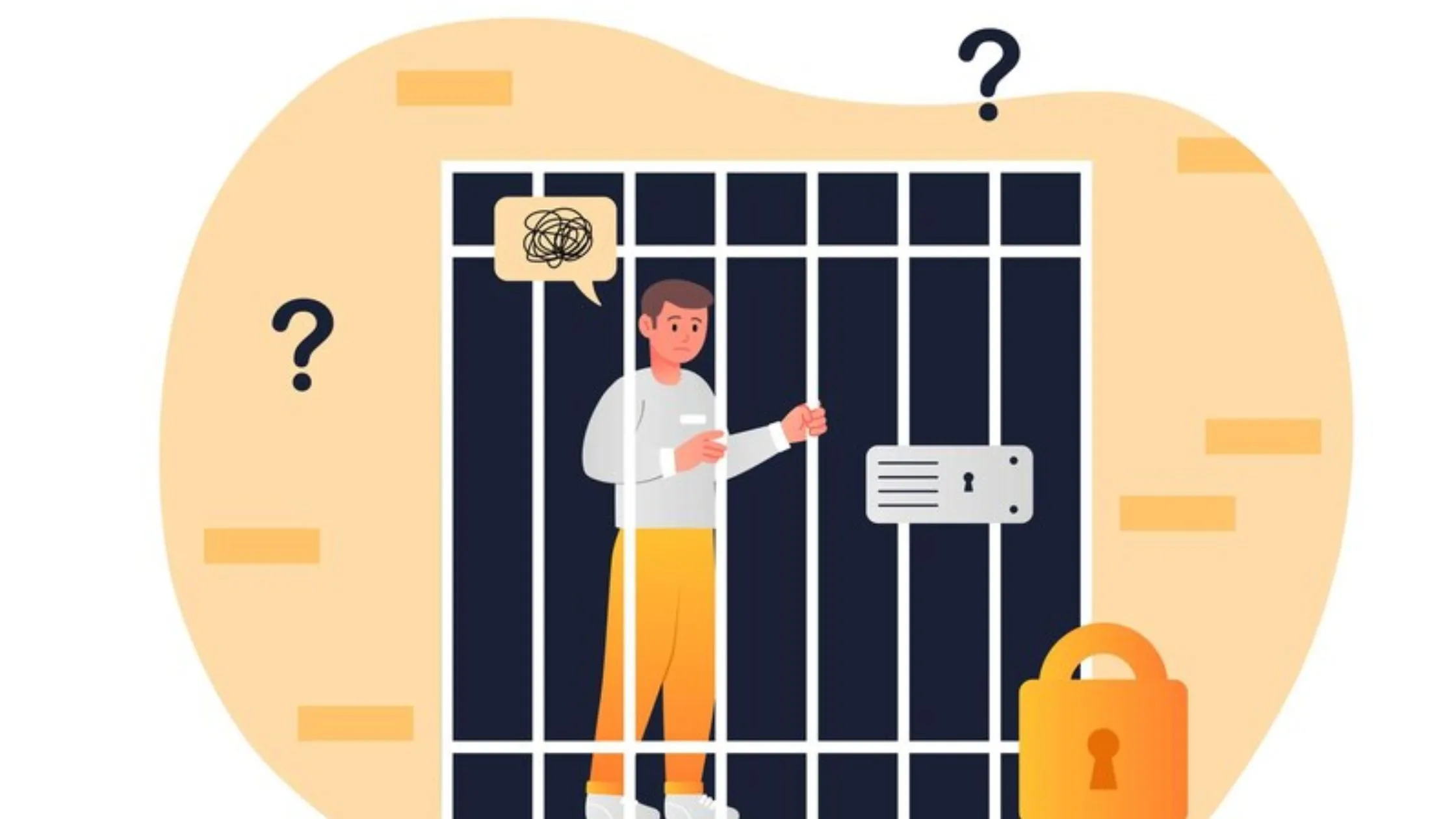Prisons and psychology are significantly correlated since psychology is essential to understanding inmates' behavior and mental health. The criminal justice system can significantly impact people's mental health, especially those incarcerated. Psychology can be a crucial tool when rehabilitating prisoners and preparing them for productive lives after release.
Fear is one of the essential elements in the psychology of hostility towards prisoners and prisons. People commonly have a fear of those who are unlike them, in addition to the fear of those who have committed violent or other illicit behavior. The media's portrayal of criminals as unpredictable and dangerous, as well as individual experiences of encounters with those who have been the victims of crime, often intensify this anxiety. Fear can breed a deep-seated hatred that is challenging to overcome when coupled with a lack of comprehension or sympathy for individuals who have committed crimes.
The Impact of Prison on Mental Health & Well-being
The International Red Cross and WHO list the following elements as having an adverse influence on convict mental health:
- Overcrowding
- Various types of violence and abuse
- Substandard living conditions
- Forced solitude
- Lack of privacy
- Lack of meaningful activity
- Isolation from social networks
- Uncertainty about future prospects (work, relationships)
- Inadequate health services, especially rehabilitation and reintegration support, in person
- Substance abuse
Why does the Need arise?
Scores of individuals are arrested or go to prison each year worldwide, and many of them already have mental health problems or get them while confined. A person's psychological health might suffer significantly from imprisonment, resulting in new or worsened symptoms. Regrettably, many people released from prison don't get help for their mental health issues.
- Incarcerated persons are highly susceptible to psychiatric problems due to prolonged exposure to distressing prison conditions.
- Prisoners suffer from poor care, which has an adverse effect on their physical and mental well-being because of how despised they are by the community.
- Criminals should be handled to encourage them to develop personally and avoid reoffending after they are released from custody.
What can be done?
There is an urgent requirement for a modification of the system. Several essential alterations could be executed:
1. Someone to talk to: Prisoners frequently feel isolated and may benefit from speaking with a caring and compassionate individual. Any Mental Health Provider, such as a psychiatrist, therapist, or peer mentor with similar experiences, can provide valuable insight and understanding. Having someone to talk to can help prisoners cope with their circumstances and provide emotional support.
2. Preparation for release: Incarcerated people frequently feel isolated and may benefit from confiding in someone who will not judge them. Mental health professionals such as therapists, psychiatrists, and counselors are examples of nonjudgmental individuals who can provide support and guidance. Such conversations can provide emotional support and assist prisoners in dealing with their problems.
3. Something meaningful to do: Optimizing education for children and young people in prison is pivotal. Access to educational resources should be an integral feature of their goal-oriented activity. Education can help incarcerated folks prepare for their future and develop skill sets, and it can also boost their general well-being and give them a sense of purpose. As a result, providing education to young people in prison should be a primary concern.
4. Help in a crisis: Prisoners often require a peer to confide in and lean on when things get tough. Having a friend can help them cope with upsetting news from their loved ones and prevent their mental health from eroding. It can benefit their well-being to receive emotional assistance during these trying times. Thus, it's imperative to ensure prisoners have access to someone they can speak with and turn to for help when necessary.
5. Advocacy: Prisoners regularly face a considerable loss of control over their lives while incarcerated, which can leave them feeling powerless. Because of this, those with mental health issues may be especially vulnerable in the harsh prison environment. Their already delicate mental state may be made worse by the lack of control and the limitations on their independence. To help these vulnerable convicts cope with their situation and advance their well-being, it is imperative to provide support and care as a first priority.
Conclusion
Prisoners' mental health can be significantly impacted by incarceration, so it is crucial to make it the highest priority to enhance their well-being and avoid relapse. Treatment with rehabilitation and a successful reintegration into society can be achieved through offering assistance, education, and advocacy.
Solh Wellness aims to reduce stress, sadness & loneliness while replacing them with peace & joy by providing an AI-driven & Non-judgmental-space where people can express their thoughts & feelings to seek support in preventing the clinically diagnosed condition. There are personalized tools and solutions as well as experts that provide appropriate help to a person going through any mental illness to lead a better life.



